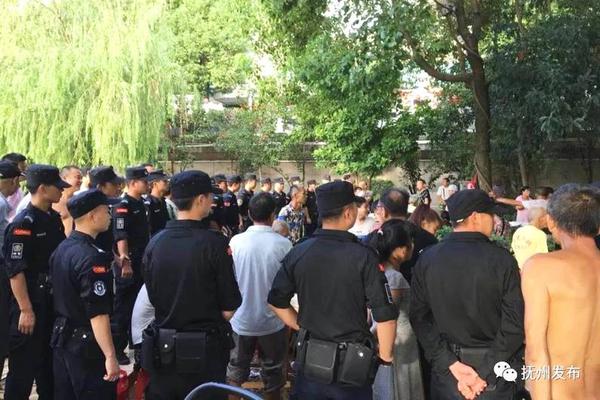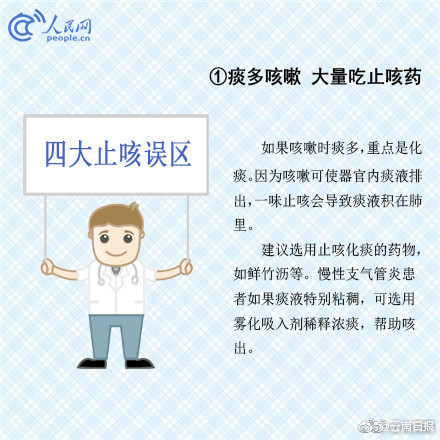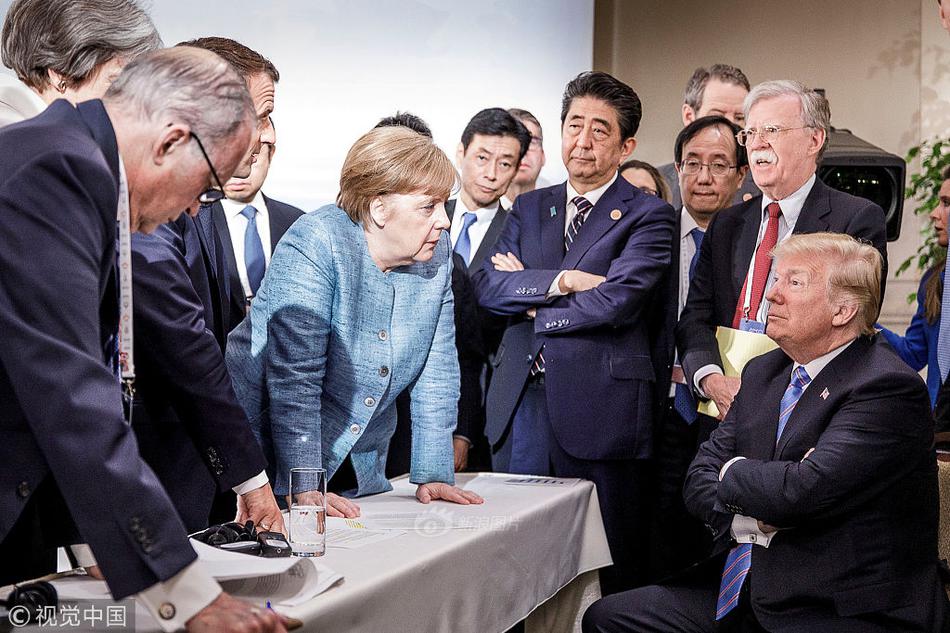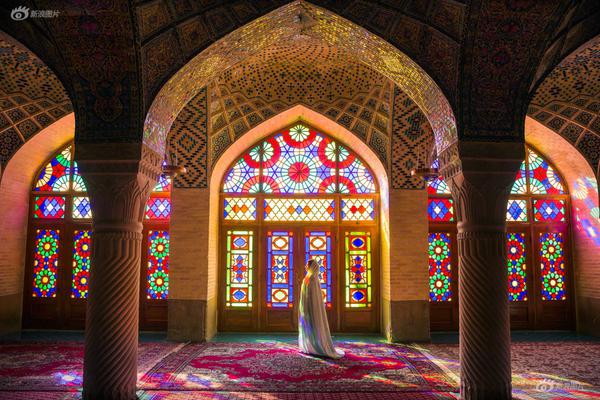To mark the first anniversary of the mass shooting at Marjory Stoneman Douglas High School in Parkland,Emmanuelle – The Sex Lives Of Ghosts (2004) Florida, March For Our Lives and its organizers will go dark on social media between February 14th through the 17th.
They say their silence, which includes declining requests for interviews during that period, is out of respect for the friends, classmates, and school staff killed in the shooting. (In order to interview a student organizer about the blackout, Mashable agreed to publish this story no later than February 13.)
"We’re taking this route because it’s a chance for us to look back at our community and for us to give ourselves time and really allow the victims’ voices to take the microphone," says Adam Alhanti, the director of special projects of March For Our Lives, who will graduate from Marjory Stoneman Douglas High School this year.
SEE ALSO: The youth activists who proved critics wrong in 2018The March For Our Lives movement garnered national attention when Emma González's "We Call B.S." speech went viral and changed the framing around political change following a mass shooting at a school. Organizers have since used their verified Twitter accounts to engage with young people across the country, encouraging them to attend town hall meetings, vote in midterm elections, and help get an assault weapons ban on the Florida ballot in 2020.
As much as the blackout is about the victims, it's also about the survivors, who spearheaded the movement and announced their intention to organize nationwide marches just days after the attack.
“For me, personally, I think the anniversary is time to spend home because we’ve been so active and have been non-stop moving across the country and going to these events and making our voices heard," says Alhanti. "Now this is time for us to come back home and be with our friends."
"Now this is time for us to come back home and be with our friends."
Francesca Vassallo, an associate professor of political science at the University of Southern Maine who created a minor in social media activism, says taking a break may benefit the organizers and their movement.
"I think it's a healthy decision ... we're talking about this type of campaign that has been going on for a long time at a very high speed with a lot of intensity," says Vassallo. "I think in some cases, that's what movements want to do — they want visibility in certain, specific moments and they want to be more in the background at other times."
Vassallo says that social media has been a major component of the movement's success. Because the survivors are young and savvy with social media, they know how to effectively present their opinions. Their online presence let them take control of the narrative.
This Tweet is currently unavailable. It might be loading or has been removed.
"This movement was driven, from the very beginning, by the survivors, by the ones who were at that school that day, who decided to talk about their experiences and decided to actually support this cause because of what happened to them," says Vassallo.
The decision to stay silent for several days is "an interesting surprise" because most movements use social media on a daily basis to keep attention on their cause, says Vassallo. She's not the only one who thinks that's the case. Sixty-nine percent of Americans believe social media platforms are important for getting politicians to pay attention to issues, according to a 2018 survey by the Pew Research Center.
Evidently, legislators have listened to March For Our Lives. In 2018, 67 new gun safety laws were signed in 26 states and Washington, D.C., according to a report by the Giffords Law Center to Prevent Gun Violence, which acknowledged the Parkland shooting, as well as March For Our Lives activism, as responsible for generating unprecedented momentum for gun safety legislation.
This Tweet is currently unavailable. It might be loading or has been removed.
This blackout marks the first time March For Our Lives organizers will breathe, essentially. After organizing the March 2018 rally in Washington, D.C., they planned a 20-state bus tour to register voters. Now they're gearing up for the 2020 presidential election.
"We don’t really have a break or have time to reflect because it’s one thing after the other," Alhanti says.
While social media has been a tremendous tool in the March For Our Lives movement, the blackout is a reminder that teens are behind those hashtags, handles, and viral videos. And many of those teens are survivors of a deadly school shooting.
"This is a time for me to remember where I came from and to remember why I’m fighting so hard," says Alhanti.
Topics Activism Social Good Social Media
(Editor: {typename type="name"/})
 Get a free soundbar when you buy a 34
Get a free soundbar when you buy a 34
 DJI Mavic Air foldable drone leaks out a day before big unveil
DJI Mavic Air foldable drone leaks out a day before big unveil
 You can win HQ, but you’ll never get that money. Probably.
You can win HQ, but you’ll never get that money. Probably.
 Two college kids aced a class with a song from 'Spongebob Squarepants'
Two college kids aced a class with a song from 'Spongebob Squarepants'
Best early Prime Day Roomba deals: Newest Roombas on sale at Amazon
 A glance at the best early Prime Day deals on Roombas Best cheap Roomba deal
...[Details]
A glance at the best early Prime Day deals on Roombas Best cheap Roomba deal
...[Details]
Snapchat update lets Stories spread via text, email, even Facebook
 Sending and viewing snaps isn't just for Snapchat anymore. No, we're not talking about jumping ship
...[Details]
Sending and viewing snaps isn't just for Snapchat anymore. No, we're not talking about jumping ship
...[Details]
Waterstones uses Trump quotes in 'Fire and Fury' displays
 Waterstones, the ultimate troll.SEE ALSO: I'm down on my knees, begging you pleas
...[Details]
Waterstones, the ultimate troll.SEE ALSO: I'm down on my knees, begging you pleas
...[Details]
 We've all come out with terrible excuses in our lives, but come on...SEE ALSO: Pr
...[Details]
We've all come out with terrible excuses in our lives, but come on...SEE ALSO: Pr
...[Details]
NYT mini crossword answers for January 3, 2025
 The Mini is a bite-sized version of The New York Times' revered daily crossword. While the crossword
...[Details]
The Mini is a bite-sized version of The New York Times' revered daily crossword. While the crossword
...[Details]
Woman harassed by man who won't take no for an answer gets rescued by helpful stranger
 When Amna Saleem was hanging out at her favourite writing spot in east London, she was approached by
...[Details]
When Amna Saleem was hanging out at her favourite writing spot in east London, she was approached by
...[Details]
Ophelia movie review at Sundance Film Festival
 The premise of Claire McCarthy’s new movie, Ophelia, is simple. What if William Shakespeare&rs
...[Details]
The premise of Claire McCarthy’s new movie, Ophelia, is simple. What if William Shakespeare&rs
...[Details]
Neil Diamond announces retirement from touring following Parkinson’s disease diagnosis
 Legendary musician Neil Diamond has announced his retirement from touring, due to a recent diagnosis
...[Details]
Legendary musician Neil Diamond has announced his retirement from touring, due to a recent diagnosis
...[Details]
Meta says some AGI systems are too risky to release
 Since AI came into our world, creators have put a lead foot down on the gas. However, according to a
...[Details]
Since AI came into our world, creators have put a lead foot down on the gas. However, according to a
...[Details]
Ruth Bader Ginsburg gets candid about those SNL impersonations
 Ruth Bader Ginsburg isn't one to ignore a good meme or joke, especially if it's about her. The Supre
...[Details]
Ruth Bader Ginsburg isn't one to ignore a good meme or joke, especially if it's about her. The Supre
...[Details]
Donald Trump talked about space and Buzz Aldrin's face says it all

Tim Cook and Malala Yousafzai team up to fight for girls' education

接受PR>=1、BR>=1,流量相当,内容相关类链接。